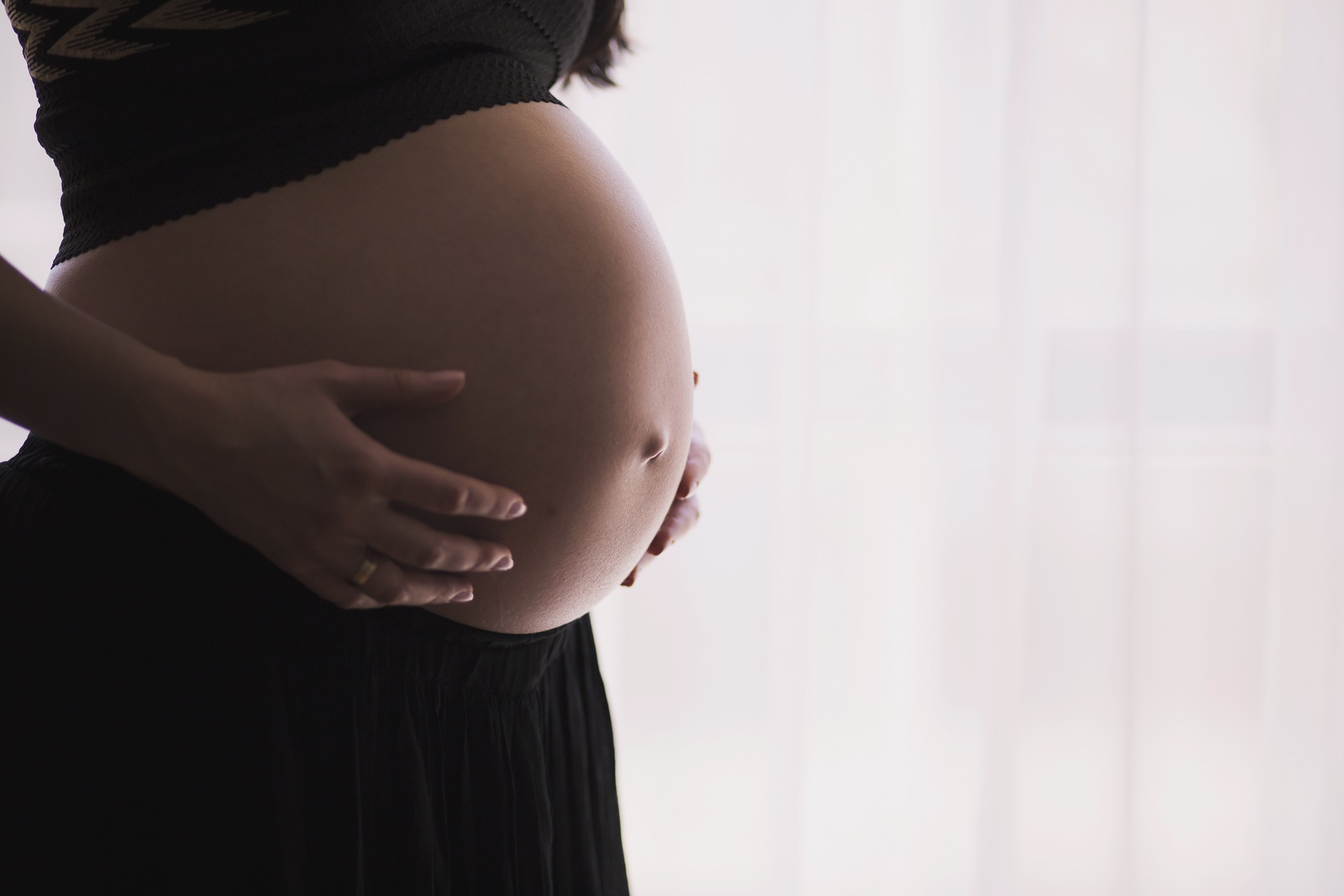Media Release
From: The University of MelbourneNew evidence from a World Health Organization (WHO)-led study in four countries shows more than one-third of women experience mistreatment during childbirth in health facilities.
The study, led by Dr Meghan Bohren from the University of Melbourne Centre for Health Equity and WHO, showed that women were at the highest risk of experience physical and verbal abuse between 30 minutes of birth until 15 minutes after birth.
Younger, less educated women were most at risk, suggesting inequalities in how women are treated during childbirth.
Researchers conducted 2016 observations of labour and childbirth with women in Ghana, Guinea, Myanmar and Nigeria, as well as 2672 surveys with women in the same countries. They found the most common form of physical abuse was forceful downward abdominal pressure and slapping.
Many women had vaginal examinations and procedures conducted without their consent and 93.8 per cent did not have a companion present – such as a spouse, partner, family member or friend. This includes 10.8 per cent unconsented caesarean sections, 56.1 per cent unconsented episiotomy and 26.9 unconsented induction of labour.
Dr Bohren said addressing these inequalities and promoting respectful maternity care for all women is critical to improve health equity and quality.
“All women have the right to dignified, respectful healthcare throughout pregnancy and childbirth, as well as freedom from violence and discrimination,” Dr Bohren said.
“A growing body of evidence, however, shows that women are being mistreated in childbirth in health facilities worldwide. Providing high-quality care to the 140 million women giving birth each year is key to improving maternal and newborn health.
“Our finding should be used to inform policies and programmes to ensure that all women have positive pregnancy and childbirth experiences and, are supported by empowered healthcare providers within well-functioning health systems.”
Further research is needed to understand how institutional structures and processes can be reorganised to better woman-centred care.
Dr Bohren explained: “Understanding drivers, such as gender and social inequalities, and judgements about women’s sexuality is critical to ensuring that any interventions adequately account for broader societal context and issues.
“Professional associations play a key role in supporting maternity providers and safeguarding their rights. Preventing mistreatment can only be achieved through inclusive and equitable processes engaging both communities and healthcare providers.”


